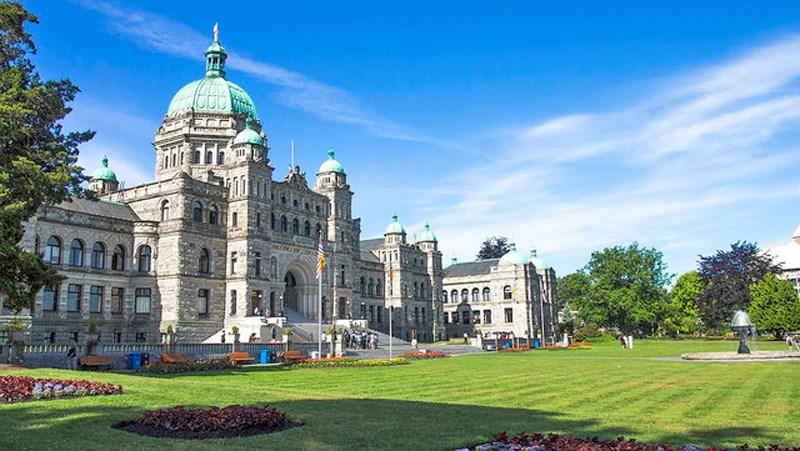The odds are looking very good that when British Columbians go to cast their ballot in the next provincial election, they will be using a radically different voting system than the one used for more than 60 years.
That’s because the NDP government has tabled legislation requiring a referendum next fall on whether or not to move to a proportional representation voting model, and it has signaled it may stack the deck considerably to ensure the referendum result is indeed a shift to PR.
The legislation allows the provincial cabinet to not only draft the question (which may be more than one), but – and this is crucial – allows it to order that the ballots are to be counted on a preferential voting basis.
This means that if two (or more) different proportional representation models are offered as choices in front of voters, along with the choice of the first-past-the-post system currently in use, it seems likely one of the PR models will cross the 50 per cent hurdle needed to pass into law.
If no option crosses that 50 per cent threshold on the first count, then the second choices of voters (and the third choices as well) are redistributed and counted and it would seem logical that a person voting for one particular PR model would make the alternative PR model their second choice.
It seems far less likely that someone favouring a move to PR would make their second choice to be the first-past-the-post model. Thus, if the current FPTP model doesn’t hit 50 per cent in favour on the first count, the odds of it growing from voters’ second choices do not look good.
Call it clever, unfair or cynical but the legislation seems tilted to ensure a change to some kind of proportional representation is in the offing. British Columbians have twice rejected such a change in previous referendums, but the table is set considerably different this time around.
Not all New Democrats favour moving to a new voting system, which is understandable. After all, the party is currently in government thanks to a somewhat unusual and quirky outcome from a first-past-the-post election.
The party has never achieved 50 per cent of the vote (in fact, only the B.C. Liberals have done that and even then it was only a one-time achievement) and is unlikely to do so in the future. A proportional representation system will ensure no party has a monopoly on power, and will reward minor or fringe parties with a disproportionate amount of political power.
But Premier John Horgan favours a move to PR, as does Green Party Leader Andrew Weaver, so it is no surprise the legislation is crafted the way it is. And it is the Greens’ all-in move towards getting a PR system in this province that is reflected in another part of the legislation.
In what appears to be a sly and cunning move, the NDP has inserted a clause in the bill that stipulates that even if the referendum passes and a shift to PR is indeed endorsed, the earliest an election can be held with the new system is July, 2021.
This cute move means the Greens are beholden to keep the NDP in power until at least then, no matter what the NDP does. The Greens have made switching to a PR model their absolutely number one priority, since it presents the best (and perhaps only) chance of winning significant representation in the legislature.
And so the party cannot risk an earlier election. So it strongly appears the NDP government, which seemed to have a shaky hold on power in the summer, has significant stability until at least the summer of 2021 (and likely right through to the new election date – the third Saturday in October of that year).
The legislation in question is Bill 6, the Electoral Reform Referendum 2018 Act. It may change the shape of future B.C. governments forever. The NDP says it will conduct a round of public consultation before deciding on the referendum question, but you have to wonder whether it’s already been written.
Keith Baldrey is chief political reporter for Global BC. Keith.Baldrey@globalnews.ca



